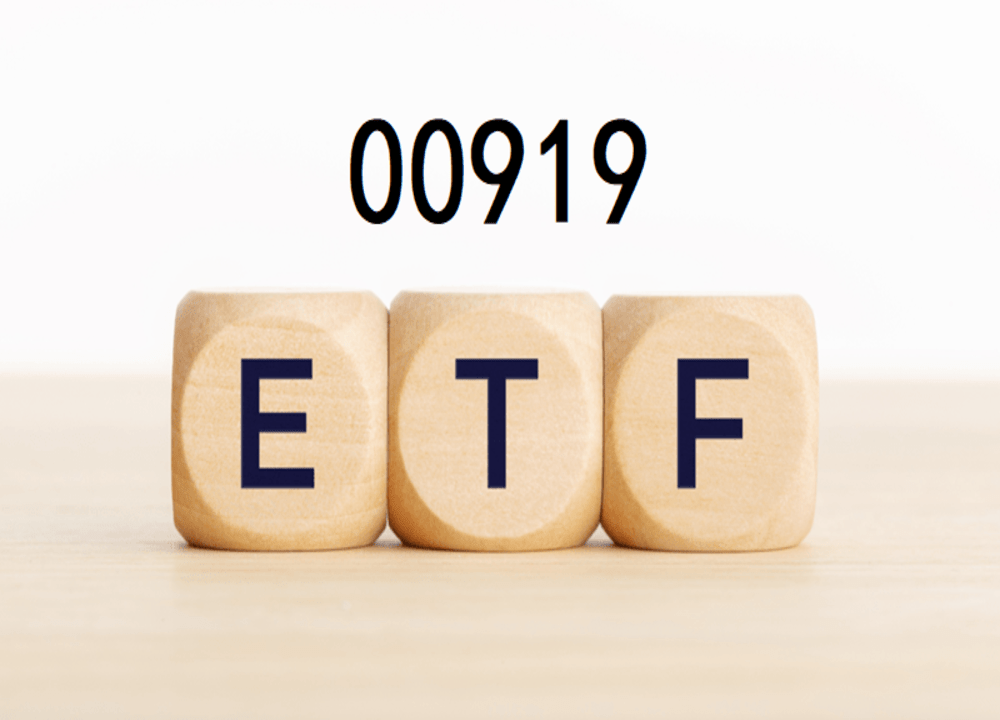相關文章

虛擬貨幣KYC教學:KYC認證是什麼?為何很重要?2024-12-19 17:05:06有接觸過虛擬貨幣的朋友一定有經常聽到 KYC,它是實名認證的簡稱,可以有效提高交易的安全性。現在大多數加密貨幣 […]

韓元是什麼?韓元兌美元貶至15年低點,怎麼換好?2024-12-19 16:59:57韓元是世界上最有價值的貨幣之一,保持著強勁的市場價值。然而,自金融危機後,該貨幣表現大不如前,在亞幣中處於弱勢 […]

00919能買嗎?00919 ETF成分股、配息及股價一次看2024-12-19 15:15:33台股高股息 ETF 一直廣受投資人的青睞,而群益台灣精選高息(00919)為最受歡迎的 ETF 之一,該 ET […]

Movement介紹:MOVE幣是什麼?MOVE幣價分析及未來預測2024-12-19 14:15:51Movement 是使用 MoveVM 建立的以太坊第 2 層網路,於 2024 年 12 月發行了其原生代幣 […]

鴻海(2317)是做什麼的?鴻海股價上不去原因是?現在可以買嗎?2024-12-19 11:30:35鴻海(2317)是一家創立於 1974 年的資訊科技公司,總部位於台灣,是台股的第二大權值股。目前,鴻海的生產 […]

Step App代幣$FITFI是什麼?有可能取代StepN嗎? 2023-07-28 14:34:31 如果你一直關注 GameFi 世界的發展,可能會對邊跑邊賺(Move to earn)有所了解,它將現實世界與區塊鏈結合起來,讓用戶可以透過現實生活的活動來賺錢,其中,令人印象深刻的 Move2Ear...

Link幣是什麼?ChainLink值得投資嗎?走勢、用途及未來分析 2023-09-19 12:00:23 Chainlink (LINK) 誕生於 2017 年,是一種去中心化的預測機制網路,目標在於將各種智慧合約與來自實體世界的資料連接起來。其代幣為 LINK,用以支付給節點營運者。 由於 Cha...

TON幣是什麼?未來如何?怎麼買最賺錢?Telegram如何透過TON提供加密服務? 2023-09-18 14:00:45 Open Network(TON)是一個完全去中心化的第1 層區塊鏈,由Telegram 設計,它可擴展、可分片,並實現快速、低成本和節能的區塊鏈交易。每個功能的設計都考慮到了日常用戶。透過 TON,...

JPEX平台幣JPC是什麼?值得投資嗎?JPC幣用途、價格走勢及風險 2023-09-18 12:00:32 JPC 是加密貨幣交易所 JPEX 於 2022 年 8 月推出的平台幣,該代幣使用通縮模型來維持價值的穩定性。隨著 JPEX 交易所的不斷發展,JPC 幣利好消息不斷,從今年 6 月初開始, JPC...

JPEX交易所介紹&教學:JPEX安全嗎?好用嗎?台灣JPEX開戶入金懶人包 2023-09-11 16:20:38 :arrow: JPEX交易所已經確認有監理風險, 現已受到香港政府點名警告。 JPEX最新消息: 交易所JPEX出金困難重重,會跑路嗎?受害者怎麼辦? JPEX拳賽資金存疑,爆料者稱選手...



